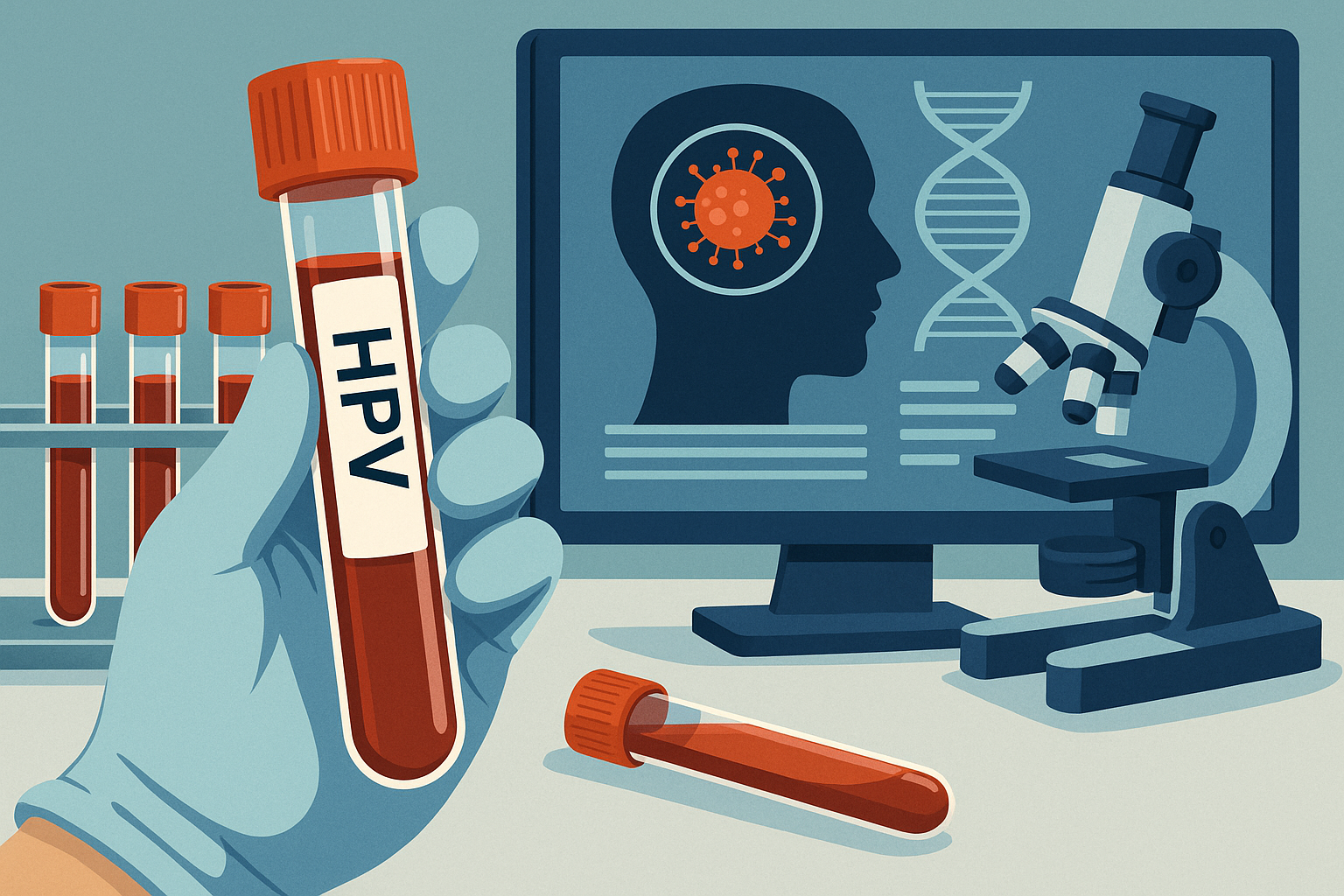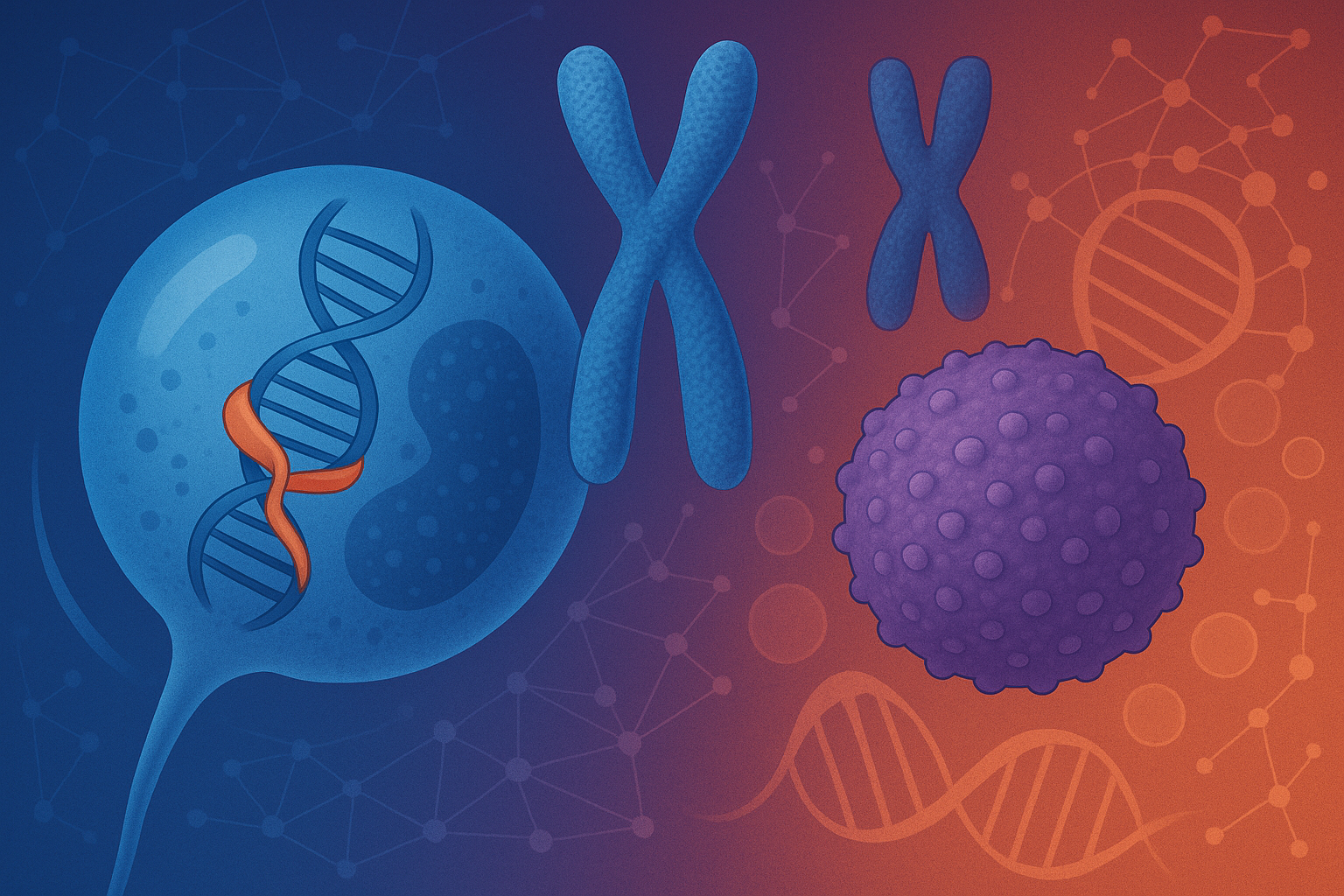
HPV Blood Test Detects Cancer 10 Years Early
HPV blood test research has revealed a major medical breakthrough in detecting head and neck cancers linked to the human papillomavirus (HPV). Scientists from Mass General Brigham developed a new liquid biopsy called HPV-DeepSeek that can spot HPV-related cancer up to ten years before symptoms begin.
Early detection through this HPV blood test could transform treatment outcomes and reduce the need for aggressive therapies. Unlike cervical cancer, which benefits from routine screening, HPV-related head and neck cancers often go unnoticed until they have spread to lymph nodes and caused visible symptoms.
How the HPV Blood Test Works
The HPV-DeepSeek test uses advanced whole-genome sequencing to detect small fragments of HPV DNA that enter the bloodstream from developing tumors. This technique allows doctors to find cancer years before it becomes visible.
In earlier trials, the HPV blood test achieved 99% sensitivity and 99% specificity, outperforming existing diagnostic tools. These results suggest that it can identify the disease in its earliest, most treatable stage.
Groundbreaking Study Results
To test the accuracy of HPV-DeepSeek, researchers examined 56 blood samples stored in the Mass General Brigham Biobank.
They analyzed samples from 28 people who later developed HPV-related head and neck cancer and 28 healthy controls.
The HPV blood test detected viral tumor DNA in 22 of the 28 future cancer cases, while all control samples tested negative. The earliest positive result came from a blood sample taken 7.8 years before diagnosis.
Using machine learning, the team improved the system’s accuracy, identifying 27 of 28 cancer cases, including those detected a full decade before diagnosis.
Future Validation and Clinical Impact
Researchers are now validating the HPV blood test in a larger NIH-funded trial using hundreds of samples from the Prostate, Lung, Colorectal, and Ovarian Cancer Screening Trial (PLCO).
If confirmed, HPV-DeepSeek could become the first reliable screening tool for HPV-related head and neck cancers.Dr. Daniel L. Faden, the study’s lead author and surgical oncologist, emphasized that early detection could help patients avoid treatments with severe, long-term side effects. He added that catching cancer early “improves survival rates and quality of life.”
also read: Disruptive Science: How Beginner Researchers Drive Innovation






